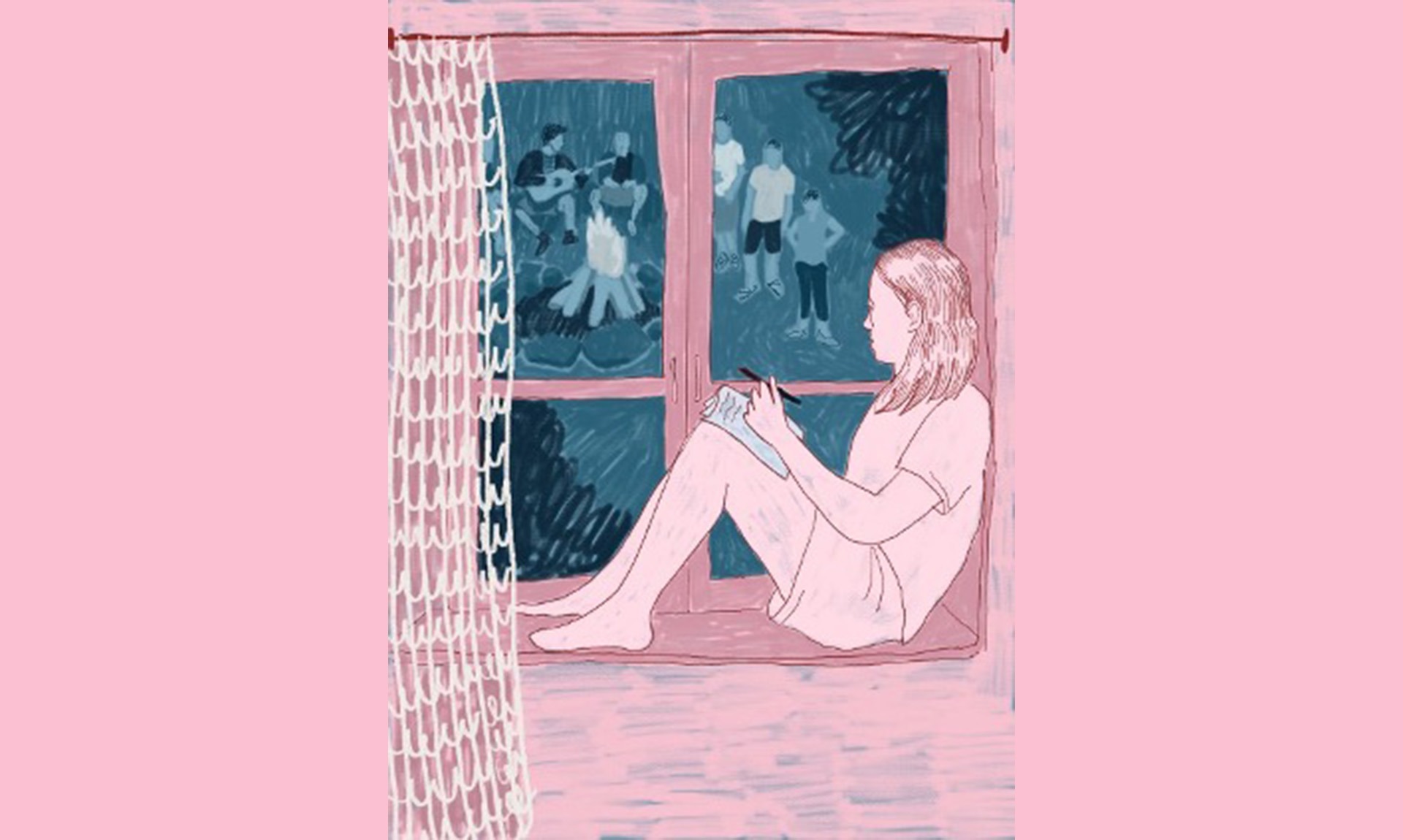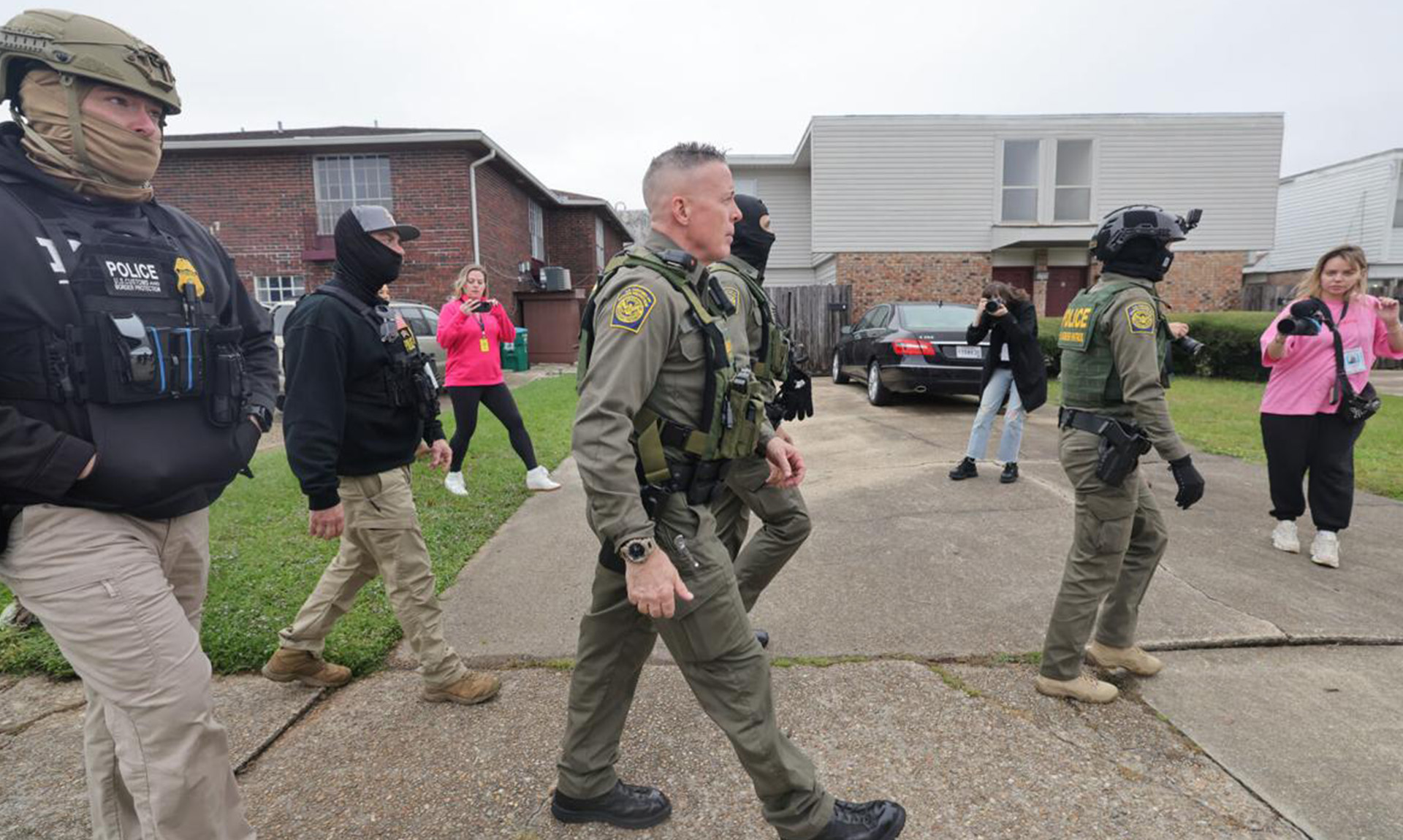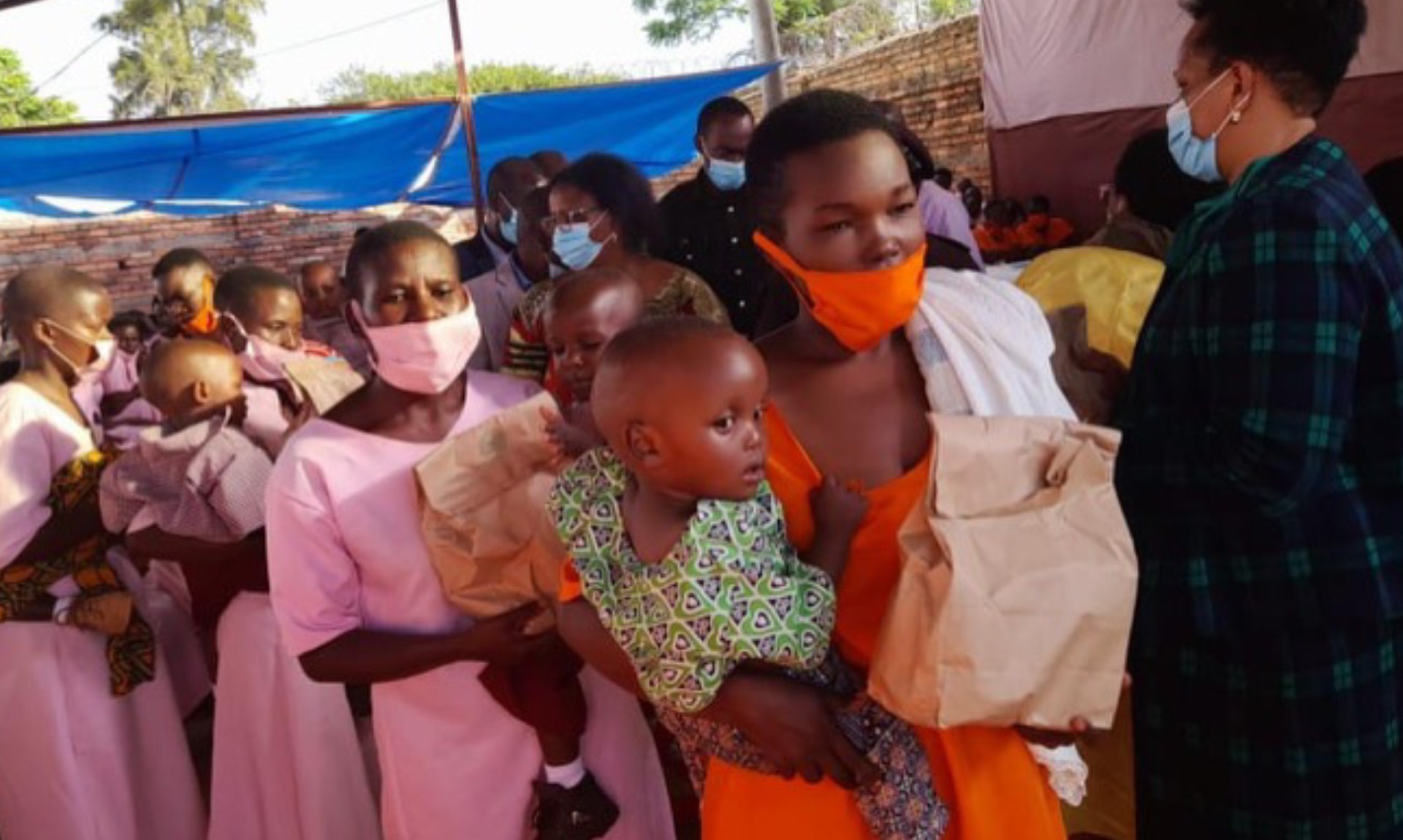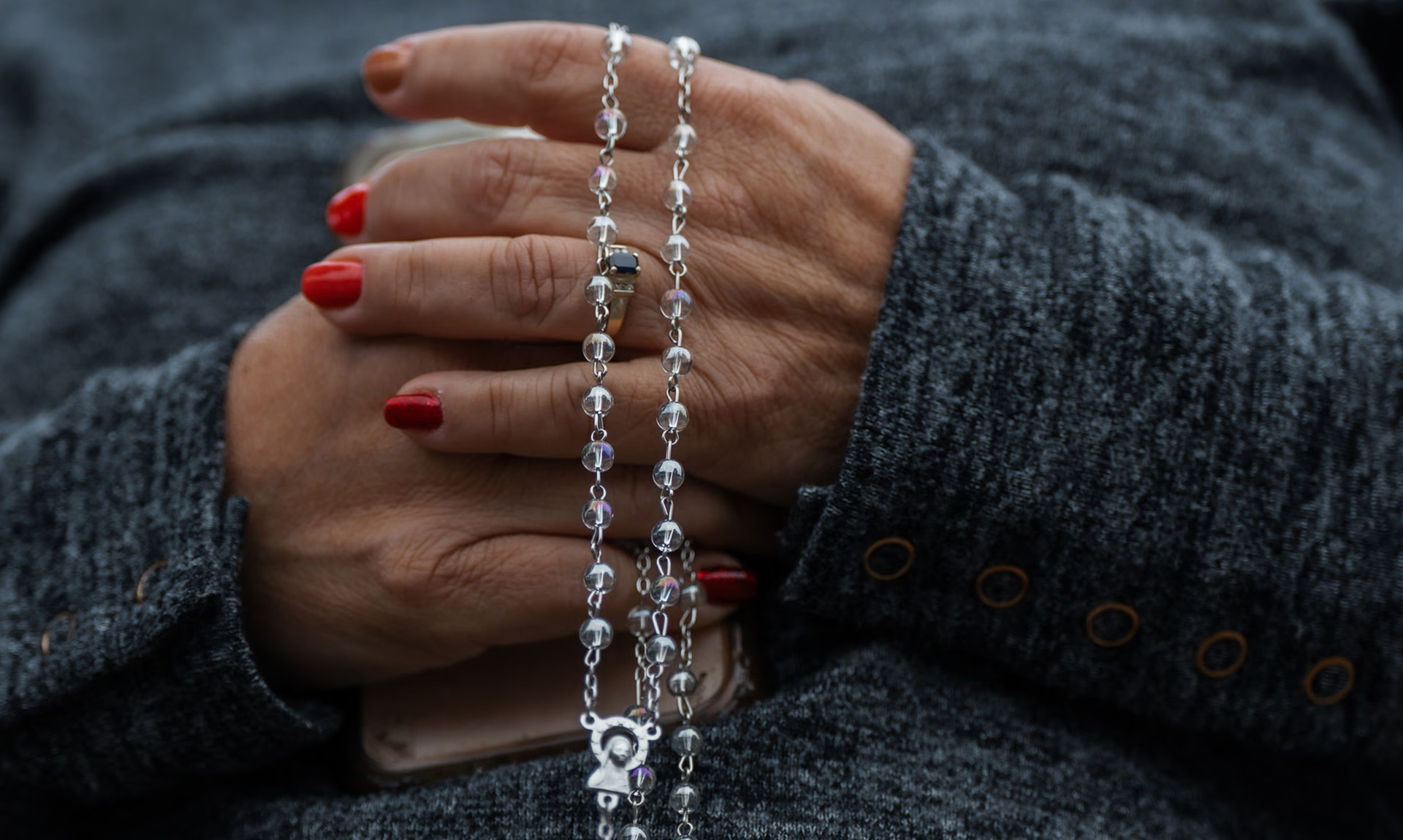Dear Jesus, Am I Broken Enough Yet?
by McKenzie Watson-Fore
Published July 9, 2025, The Christian Century
Quick Answer
McKenzie Watson-Fore reflects on the spiritual harm of religious scrupulosity learned in youth camps, questioning if unworthiness is the only path to grace.
I was six years old when I officially became a Christian. Mom sat with me on the cornflower-blue couch in the living room and led me in a simple prayer: We asked Jesus to forgive my sins and come live inside my heart.
I wish I could recall it well enough to know if I felt cleansed, seized, or, as John Wesley once put it, “strangely warmed.” I wish I could recall if I felt anything at all.
I was a prepubescent scrap of a girl—nine years old—the first time I went to camp on the shores of Milford Lake in Kansas, a lake edged by sycamores, scrub grass, and cicadas. That opalescent oasis quickly became my favorite place on earth. Jesus made sense there. Milford Lake became my personal Sea of Galilee—the place where God’s spirit chose to dwell. I spent camp swollen with wonder, hoping that nothing would ever puncture that feeling.
The summer before ninth grade, the camp theme was “lost”—as in, We’re all lost without Jesus, but the TV show Lost was also big right then, so it doubled as a pop-culture touchpoint. One morning, Pastor Brennan—the bearded father figure in charge—asked us to remember a time when we’d felt lost. Then he sent us off with our Bibles, journals, and pens to reflect.
The structure was always the same: daily devotionals would deepen our awareness of how badly we needed Jesus, and at the end of the week we would be given a chance to accept Christ. We needed to understand that we were lost before we could be found. This wasn’t just the arc of the week at camp; it was our entire evangelical framework. First you recognized your sin. Then you could be redeemed.
But something inside me—my sinful nature?—resisted this framework. I sat in the scrubby grass and propped the spiral-bound camp booklet on my knees. What if I didn’t meet the prerequisite for redemption? My loopy cursive slanted across the page. “There have been many times when I was lost,” I lied. The sky loomed over me like a slab of azure-tinted cement. Pastor Brennan had shifted the onus onto each of us to identify an experience that would complete the metaphor of salvation, but I wasn’t sure I could.
Thursday night, the penultimate evening, was come-to-Jesus time: Cry Night. More than a talk, it was a whole pageant of salvation, a cathartic performance of redemption and renewal in which we were all expected to take part. The idea was that we campers would be so moved by the demonstration of God’s love that we would give our lives to him anew. We would be “receptive to the talk”: the emotional intensity of the night would prick our hearts with guilt, and we would turn ourselves over to God, hostages to our need for forgiveness. We would be emotionally bludgeoned into transformation.
“Go out under the stars,” Pastor Brennan directed. “We’ll make a bonfire. Whatever sins you’ve been struggling with, write them down, and you can toss them into the blaze.”
Campers drifted out into the night. Scattered across the prickly hill, kids were giving and re-giving their lives to Jesus. I didn’t know what to do. I couldn’t give my life to Jesus if he already had it—right?
I generally felt pretty close to God, and I almost never felt closer than when I was at camp. But right then, looking down over my peers in the throes of spiritual renewal, I didn’t feel close to God at all. I huddled in the parched grasses and wrapped my arms around my knees, trying to stay warm. Students down near the shelter were crying and praying with counselors: a chasm of flame and shadow, weeping and gnashing of teeth. Anxiety rose like an anthill in my stomach. If I couldn’t bring myself to confess before God, did that mean I was estranged from him? Had I been deluded about my spiritual status my whole life?
Two contradictory voices launched an argument inside my mind. What did I have to confess? If I followed the prescribed steps—scribbling a sin on the scrap of paper, surrendering it to the flames, crying until I felt myself purified and renewed—just for the sake of performing the choreography, wasn’t that its own kind of dishonesty? But how could I think I had nothing to confess? That idea betrayed a dangerous arrogance, the heresy that I had somehow received “enough” salvation. I was a wretch. If it weren’t for God’s ongoing grace, I would be dead in my sin a thousand times over, a rotting corpse with flies eating my eyes.
Was I supposed to disown Jesus so that I could accept him again? Was my refusal to re-invite him into my heart evidence of pride or subconscious rebellion? I wanted one of the counselors to tell me how to respond, but they were probably all occupied with the kids having real spiritual crises. I wasn’t the lost sheep; I was one of the 99. Maybe that meant I wasn’t Jesus’ concern.
The bonfire burned down to smoldering coals while I walked alone through the outer darkness. A sneering voice in my head whispered that I wasn’t good enough for God because I’d never been bad.
Back in the tent, my friends were having a heart-to-heart. LeAnn said she’d been really convicted. “After tonight, I feel closer to God than I have in a long time,” she said.
“Don’t you guys ever just wanna rob a bank or something, so you can really experience forgiveness?” I asked. The other girls’ faces betrayed total confusion.
“You don’t need to rob a bank in order to experience forgiveness, McKenzie,” Jenny said. “We all need God’s forgiveness, all the time.” But I couldn’t perform spiritual brokenness I didn’t feel. I clicked off the flashlight. In the darkness, I wondered how I could feel closer to God without first feeling far away.
Back home at youth group, we watched clips of an R-rated movie about a village in Kenya ravaged by man-eating lions. “Like a roaring lion your adversary the devil prowls around, looking for someone to devour,” my youth pastor read (1 Pet. 5:8). We had to stay vigilant and alert, to watch out for sin stalking its way into our hearts.
Life became a sin scavenger hunt. At the end of every day, I curled up with my journal in my blue-and-green loft bed for a moral inventory. “How have I been disappointing you lately, God?” I wrote. “I don’t know how to kill my pride. Do I need to have more faith?” I berated myself: “Either I haven’t realized that my sin is offensive and hurtful to you and I need to change, or I don’t care! God, I don’t want to be apathetic—lukewarm. Please, soften my heart.”
Self-criticism became a bid for divine attention. The more I reiterated my sins, the more aware I was of my need for forgiveness, which meant the more grateful I would be for salvation. “Today at church,” I wrote, “Mark the Youth Pastor said we’re not fully dependent on your grace because we don’t understand how badly we need it. God, I do not know the depths of my own depravity!” An internal voice grew strong in my mind, meticulous and insistent. The sin monitor had one job: surveillance and recordkeeping of my sins, to protect me from the risk of thinking I didn’t need Jesus.
Without realizing it, I had instrumentalized my self-criticism. Shame operated as a tool that allowed me to approach God correctly, as a humble recipient of undeserved grace. Self-abasement became my religious practice.
Over a decade later, I read In the Dream House, Carmen Maria Machado’s memoir about an abusive relationship. In a section titled “Dream House as Inventory,” Machado writes of her partner, “She makes you tell her what is wrong with you. This is a favorite activity; even better than her telling you what is wrong with you. Years later, it’s a habit that’s hard to break.”
My sophomore year of high school: another church camp. This one was our annual spring break trip to California, where we stayed at our youth pastor’s parents’ house. These spring break trips were supposed to be life-changing. It was 2009, and our cultural touchpoint was the iPhone. In keeping with the formula, we had to start by recognizing our sinfulness, so the first night we gathered in the living room for a talk titled “iSuck.” Pastor Mark hit all the basics: everyone has sinned; no one is exempt from damnation. Sin separates us from God, who is the source of all goodness. Later in the week, Mark would get around to salvation, but we couldn’t get there without first contemplating depravity.
After the talk, I slunk upstairs with my purple polka-dot journal. This was the gospel, the story I’d been steeped in my whole life. I had to make sure I didn’t become numb to it. My sinfulness should grieve me. Maybe I could journal myself there. “God,” I wrote, “I am really awful. No matter how many times I write that, I’m not sure I get it. I mean, every cell in me is inherently evil. I cannot—I lack the capability to—do any good whatsoever on my own.” I whipped myself into a devotional frenzy. “Since I am full of sin even from the day of conception (Psalm 51:5),” I wrote, “I cannot exist in your presence. That’s the implication my filthy sin has! Everything that is good will be taken from me for eternity if I am not absolved!”
Religious scrupulosity is defined as the obsessive analysis of the moral dimensions of everyday life. Psychologists identify it as maladaptive, which means it provides immediate but temporary relief, while undermining health and wholeness in the long term. When scrupulosity reaches a clinically significant level, it is diagnosed as a subtype of obsessive compulsive disorder. Obsessive compulsive behavior is distinguished by ritual activities done to offset anxiety: checking the stove, fixating on numbers, washing one’s hands. In a way, the religious cycle of brokenness, repentance, and renewal mirrors this anxious behavior. You feel bad, you perform a ritual to address the bad feeling, and then you feel better. Until you don’t—so you do it again and again. You grow dependent on the ritual, but it ceases to solve the anxiety. The cycle becomes a snare.
The next day of the spring break trip was beach day. The other girls and I layered Soffe shorts over our one-piece swimsuits and spent the bus ride through Orange County.
Continue reading this article at: Christian Century
news via inbox
Don’t miss a moment—subscribe now and be the first to know when new stories drop.








